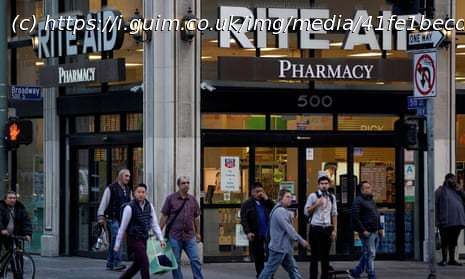Surveillance systems incorrectly and without customer consent marked shoppers as ‘persons of interest’, an FTC settlement says
Rite Aid used facial recognition systems to identify shoppers that were previously deemed “likely to engage” in shoplifting without customer consent and misidentified people – particularly women and Black, Latino or Asian people – on “numerous” occasions, according to a new settlement with the Federal Trade Commission. As part of the settlement, Rite Aid has been forbidden from deploying facial recognition technology in its stores for five years.
The FTC said in a federal court complaint that Rite Aid used facial recognition technology in hundreds of stores from October 2012 to July 2020 to identify shoppers “it had previously deemed likely to engage in shoplifting or other criminal behavior”. The technology sent alerts to Rite Aid employees either by email or phone when it identified people entering the store on its watchlist.
The FTC said in its complaint that store employees would then put those people under increased surveillance, ban them from making purchases or accuse them in front of friends, family and other customers of previously committing crimes. The facial recognition system was largely used in New York City; Los Angeles; San Francisco; Philadelphia; Baltimore; Detroit; Atlantic City; Seattle; Portland, Oregon; Wilmington, Delaware and Sacramento, California, according to the settlement.
The settlement addresses charges that the struggling drugstore chain didn’t do enough to prevent harm to its customers and implement “reasonable procedures”, the government agency said. Rite Aid said late Tuesday that it disagrees with the allegations, but that it’s glad it reached an agreement to resolve the issue.
Home
United States
USA — IT Rite Aid facial recognition misidentified Black, Latino and Asian people as ‘likely’...






